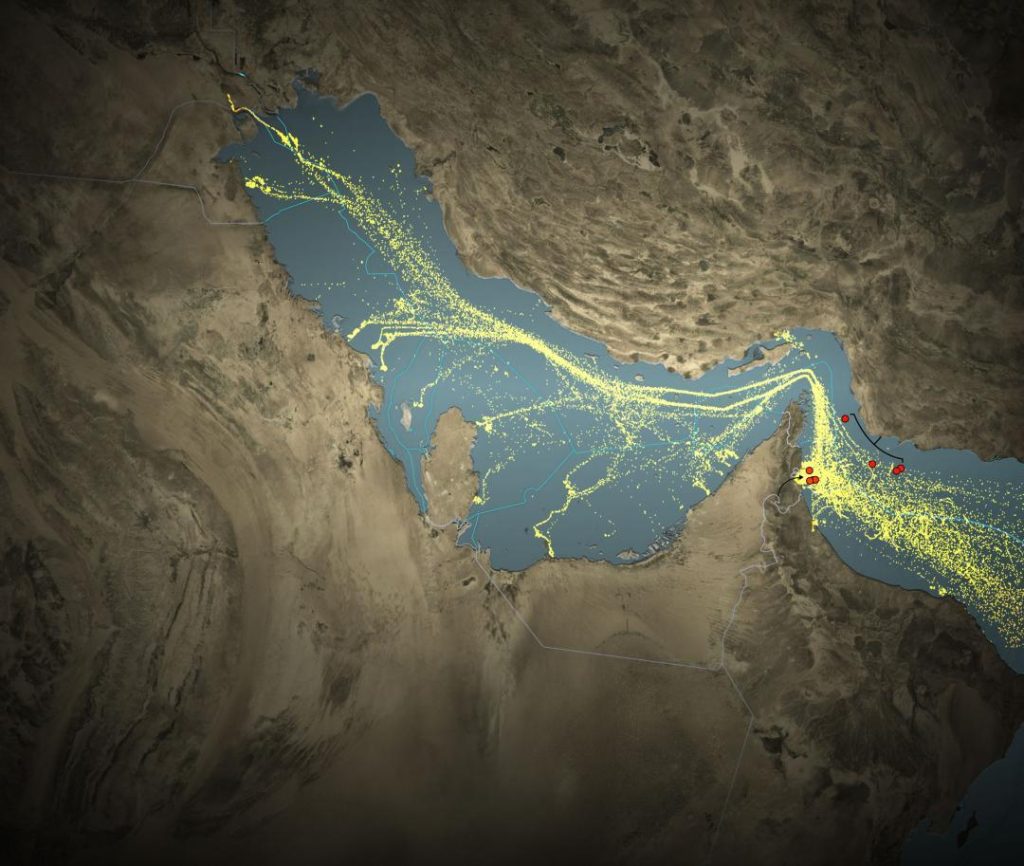
Iran’s Parliament Approves Closure of World’s Most Critical Oil Corridor, Strait of Hormuz
In a move that has sent shockwaves across the global oil market, Iran’s Parliament has approved the closure of the Strait of Hormuz, the world’s most critical oil corridor. The development comes on the heels of a recent military escalation between Iran and the United States, which saw the US bomb three nuclear sites in Iran.
According to reports, the final decision on closing the Strait of Hormuz will be taken by the Supreme National Security Council. The Strait, which connects the Persian Gulf to the Gulf of Oman, is a crucial waterway for global energy trade, with nearly 20% of the world’s oil exports passing through it. The move has significant implications for the global economy, as it could lead to a shortage of oil in international markets and a subsequent spike in prices.
The decision to close the Strait of Hormuz was taken by Iran’s Parliament in response to the US military action in the country. The US had bombed three Iranian nuclear sites, including the Natanz uranium enrichment facility and the Fordow underground nuclear facility, in a move that was widely condemned by Iran and other countries.
The closure of the Strait of Hormuz would have a devastating impact on the global economy, particularly on countries that rely heavily on oil imports. The Strait is a vital artery for oil trade, with over 20 million barrels of oil passing through it every day. A closure would not only disrupt oil supplies but also have a ripple effect on the global economy, leading to higher prices and potential shortages of other essential goods.
The move is also seen as a warning to the US and other countries that are involved in the ongoing tensions in the region. Iran has repeatedly warned that it would take all necessary measures to protect its sovereignty and interests, and the closure of the Strait of Hormuz is seen as a demonstration of its resolve.
Four Key Points to Understand the Implications of Closing the Strait of Hormuz
- Global Oil Supply: The Strait of Hormuz is the world’s most critical oil corridor, with nearly 20% of global oil exports passing through it. A closure would disrupt global oil supplies, leading to higher prices and potential shortages.
- Regional Power Dynamics: The closure of the Strait of Hormuz would be a significant escalation of the tensions between Iran and the US, and could have far-reaching implications for the region. It could also lead to a shift in the balance of power in the Middle East.
- Economic Impact: The closure of the Strait of Hormuz would have a devastating impact on the global economy, particularly on countries that rely heavily on oil imports. It could also lead to higher prices and potential shortages of other essential goods.
- International Response: The international community has condemned the US military action in Iran, and the closure of the Strait of Hormuz would likely be met with a similar response. The move could lead to a diplomatic crisis, and potentially even a military confrontation.
Conclusion
The approval of the closure of the Strait of Hormuz by Iran’s Parliament is a significant development that has sent shockwaves across the global oil market. The move is seen as a warning to the US and other countries involved in the ongoing tensions in the region, and could have far-reaching implications for the global economy and regional power dynamics.
As the world grapples with the implications of this development, it is essential to understand the complex dynamics at play. The closure of the Strait of Hormuz would have devastating consequences for global oil supplies, regional power dynamics, and the global economy.
Source:






